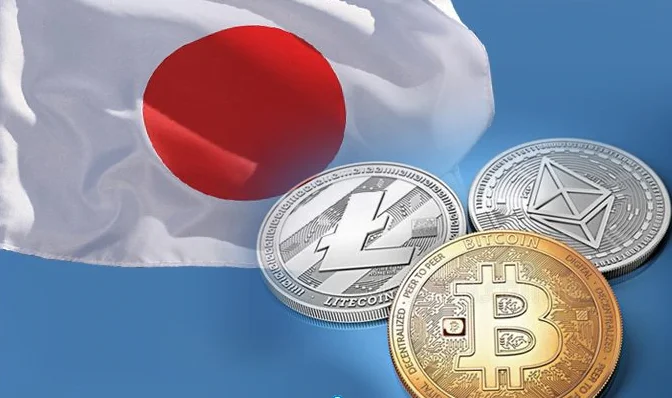In Japan, crypto issuers and businesses pay a set 30% corporate tax rate on their holdings, regardless having made a profit or not. However, the government is making plans to ease the levied tax.

As part of its efforts to promote development in the domestic financial and IT industries, the Japanese government plans to relax tax regulations for local crypto businesses.
Currently, Japanese companies that issue cryptocurrency are obligated to pay a 30% corporation tax rate on their holdings, regardless of whether or not they have generated a profit from a sale.
As a result, during the last several years, a number of locally established crypto/blockchain enterprises and talent apparently chose to establish themselves overseas.
On December 15, the Liberal Democratic Party (LDP) tax committee of Japan’s governing party, the Liberal Democratic Party (LDP), adopted a proposal that had been previously proposed in August, removing the need for crypto businesses to pay taxes on paper profits on tokens they have issued and owned.
The milder crypto tax regulations are anticipated to be presented to parliament in January and take effect on April 1 for the start of the next fiscal year in Japan.
Akihisa Shiozaki, a politician for the LDP and a representative of its Web3 policy office, said in a Dec. 15 interview with Bloomberg that “this is a preeminent step ahead” and “it will become simpler for many firms to conduct business that includes issuing tokens.”
Despite the FTX catastrophe, the government’s most recent action indicates that it is still eager to support and expand the domestic crypto and Web3 industry.
NFTs, blockchain, and the Metaverse will play significant roles in the nation’s digital transformation, Prime Minister Fumio Kishida underscored in October. The digitalization of national identification cards was used as an example by the PM.
The Japan Virtual and Crypto Assets Exchange Association, which Kishida had urged the self-regulatory group to do in June, also declared intentions to abandon the rigorous review procedure for launching new tokens on exchanges in October.
Key players in the corporate sector have also expressed similar forward-thinking thoughts. On December 8, the world’s largest bank, Sumitomo Mitsui Financial Group (SMBC), said that it is embarking on a project to investigate the applications of soulbound tokens (SBTs).
SBTs is an acronym for Vitalik Buterin’s proposal, a co-founder of Ethereum, to utilize tokens to represent individuals’ digital identities.
